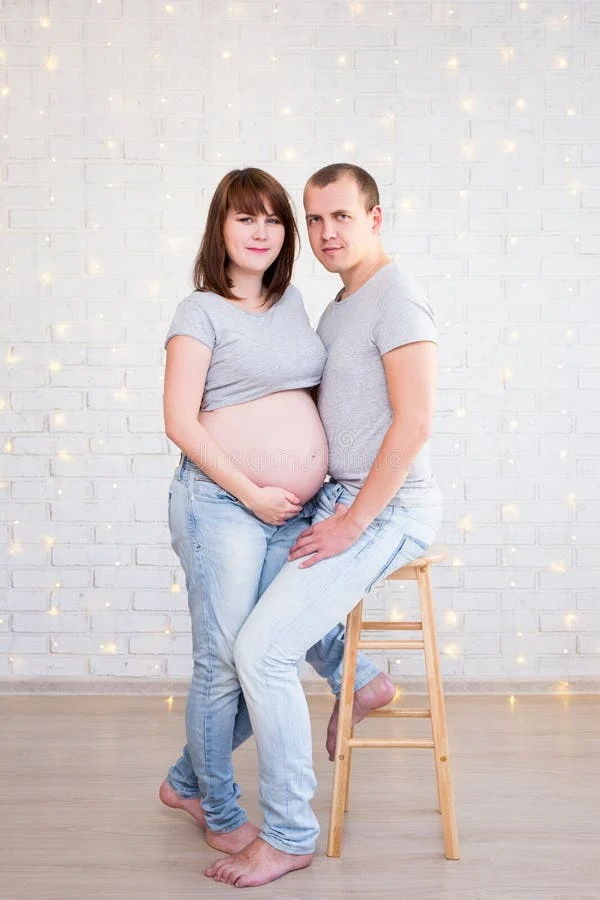Women juggle countless roles—and we wear them all with style!
When my twin boys arrived three years ago, I officially became “mom.” It’s the most rewarding title in the world, and honestly, my favorite “hat” to wear. (Good thing it’s not a removable accessory!) For a long time, my entire existence revolved around my little guys. Sure, I had friends, but we mostly communicated through texts and social media. Responding to messages was often a low priority.
As a stay-at-home mom, the highlight of my week was my women’s bible study, weekend church services, and the occasional kid-friendly outings—think zoo trips, science center visits, and library storytimes. I was never apart from my boys. And I loved every minute of it. They were my world.
But then life took a turn. Returning to a full-time job brought on a wave of mom guilt that felt as heavy as a winter coat. Suddenly, I was gone from their side for 45 hours a week. It felt like I was abandoning them—like they’d hate me forever for leaving them in daycare. With their father mostly absent, the thought of them being raised by someone else was unbearable.
On top of the guilt, the financial burden of childcare weighed heavily on my conscience. Paying someone else so I could have “me time” felt downright wrong. I didn’t go anywhere but work and church unless my boys were with me. I poured every ounce of my emotional energy into being present with them, but it was exhausting.
I started to feel resentful. I wasn’t the mom I wanted to be after long days at work. The lack of a personal life began to take a toll on my parenting. It wasn’t until my boys grew older and I adjusted to this new normal that I understood the necessity of carving out a little space for myself.
People often said, “You need some ‘you’ time. Do something just for you.” While that sounded lovely in theory, it seemed impractical. Yet, I learned it was essential for all parents—whether you’re a stay-at-home mom, a single dad, or anything in between. We need breaks from our kids to be better parents.
We pour our hearts into our children, but if we don’t also invest in ourselves, we risk running on empty. It’s like a bank account; if you only withdraw and never deposit, you’ll hit zero balance before you know it. And who wants that?
“All work and no play makes Jack a dull boy,” right? We need to recharge our own batteries. Before we were parents, we had our own identities, friends, and interests. We went out, socialized, and wore something other than yoga pants (remember those good ol’ days?).
While I adore spending time with my boys, I’ve discovered that I’m a much better mom—and I enjoy our time together more—when I make room for a few breaks that don’t involve them. Sure, “Mom” is an incredible title, but I’m also Emma. Reconnecting with her has been a journey.
I lost myself amid the chaos of parenting, but becoming a mom was also a catalyst for rediscovering who I am. My boys have been my lifeline through the ups and downs of life, but these toddler years have encouraged me to seek out additional sources of joy.
It’s all too easy to lose sight of ourselves in the whirlwind of parenthood. This is why relationships can struggle after kids arrive; we get so absorbed in our roles that we forget who we are. Our children need us to be whole individuals, not just their caregivers.
So, take a moment to explore your passions and find ways to nurture yourself. You’ll be a better parent for it—and your kids will truly benefit from the best version of you.
For more insights on parenting and self-care, check out this post here. And if you’re exploring the world of home insemination, resources like this can be really helpful. For a deeper dive into the process of intrauterine insemination, you can visit Healthline.
Summary: Parenthood can often consume us, making it vital to maintain our individual identities. By prioritizing self-care and personal time, parents can improve their well-being and become better caregivers. Remembering who we are outside of our parental roles is crucial for both our happiness and our children’s development.
